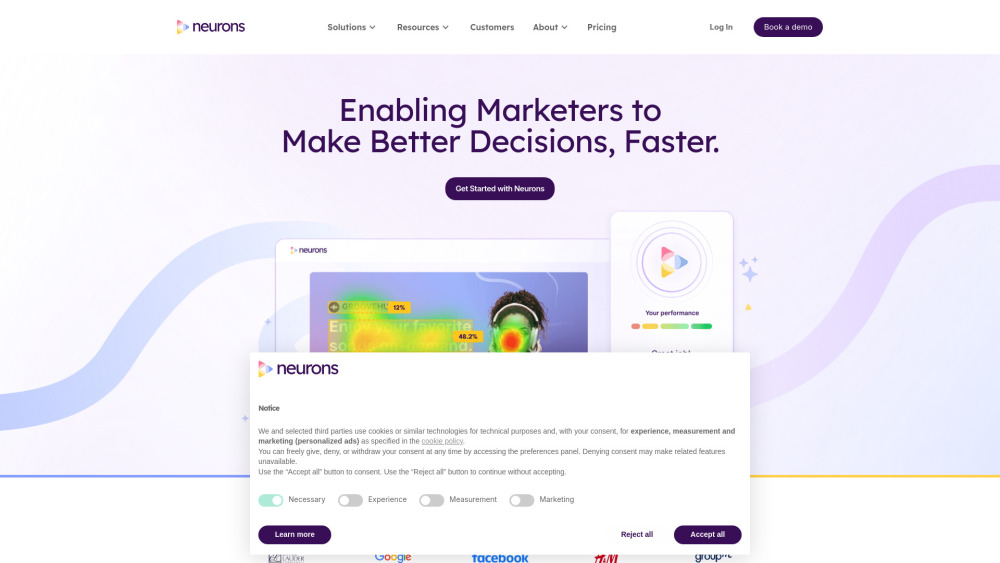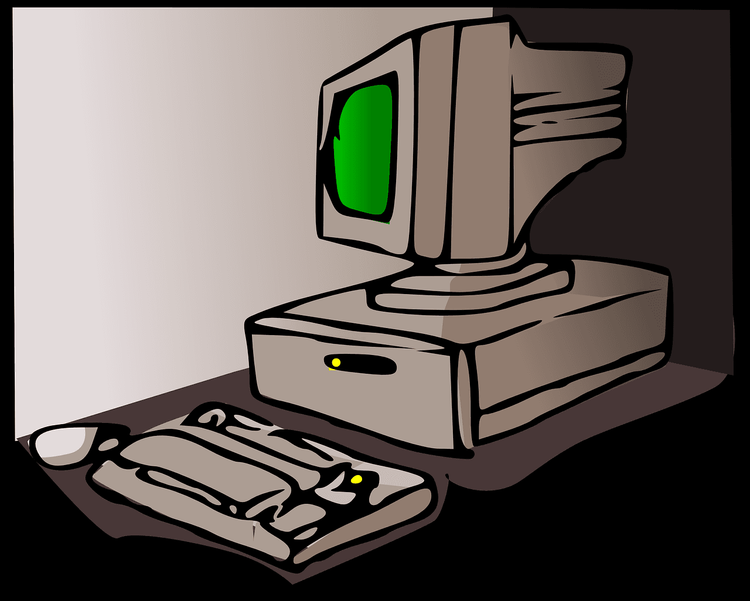You may have noticed that Apple’s Macs have seen minimal hardware updates in recent years. For instance, the design of the MacBook Pro has remained largely unchanged since 2021, while the Mac mini's chassis has stayed the same since 2020, with minimal alterations over the past 15 years. Similarly, the Mac Pro continues to maintain its design from 2019.
This slowdown in hardware changes is a strategic choice from Apple, yet it poses a challenge in generating excitement for future device upgrades.
We shouldn't be surprised by this trend. Apple's hardware designs are known for their quality and longevity, often outlasting competitors, which reduces the urgency for regular updates. In contrast, software — especially in the rapidly evolving realm of artificial intelligence — is moving at an explosive pace. As a result, Apple seems to be prioritizing software advancements over hardware modifications.
Notably, Apple is reportedly developing a super-slim MacBook Pro influenced by the latest iPad Pro, but this new model isn't expected to launch anytime soon. This means we might endure an extended wait for fresh designs, with software innovations taking precedence over hardware. This trend is likely to continue as Apple focuses on enhancing device durability. A recent report outlines Apple's ambition for creating long-lasting products, opting for durability over repairability. While increased longevity is beneficial for consumers, it reduces the frequency with which upgrades are necessary, creating a conundrum for Apple. Historically, appealing new designs have driven product sales, and the absence of such upgrades means Macs will require alternative incentives for purchasing.
This is where Apple Intelligence may play a crucial role. According to Bloomberg’s Mark Gurman, Apple's AI system could provide a new revenue stream through a subscription service featuring enhanced capabilities. Moreover, Apple stands to gain revenue shares from partners like OpenAI. Based on initial impressions, Apple Intelligence appears to be a promising addition to the Mac ecosystem, and I'm eager to see how it enhances my experience with Apple hardware. In everyday use, it has the potential to elevate my Mac in ways that few recent features have achieved.
However, this doesn't replace the excitement of frequent hardware upgrades. I find myself wishing for an OLED MacBook Pro or a sleeker Mac mini, but those models are nowhere in sight. As Apple continues to slow down its hardware refresh cycles, I could be in for a lengthy wait.
So, how do Macs stack up against iPhones regarding upgrades? To access Apple Intelligence, you need an iPhone 15 Pro or newer, while the Mac supports compatibility dating back to the M1 series. Apple attributes this to memory constraints on iPhones, which seems reasonable considering the backward compatibility offered on Macs. However, this also implies there is less urgency for Mac users to upgrade.
The fact that even the 2020 MacBook Air can run Apple Intelligence suggests Apple is not overly concerned with enhancing Mac hardware. If devices four years old are compatible, it indicates that Apple feels no significant pressure to upgrade its Mac lineup.
As a Mac user, I appreciate that my M1 Mac mini can utilize Apple Intelligence. Gurman speculates that a subscription version of Apple Intelligence might be forthcoming, and I’m curious about what Apple could offer in this space, which certainly piques my interest more than ChatGPT Plus.
Yet, if this means I have to wait even longer for hardware upgrades — whether for cutting-edge technology or simply features that competitors have already implemented — that's a concerning trend. While I recognize that Macs are stylish, highly functional machines that endure over time, the tech landscape evolves rapidly. A device that was top-of-the-line just a couple of years ago can quickly begin to feel outdated.
I hope that Apple Intelligence will alleviate some of these concerns with its array of powerful features, boosting the performance of any Mac it complements. However, I truly hope it doesn't lead to a decline in Apple's commitment to hardware innovation.





